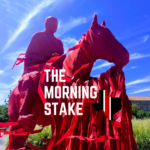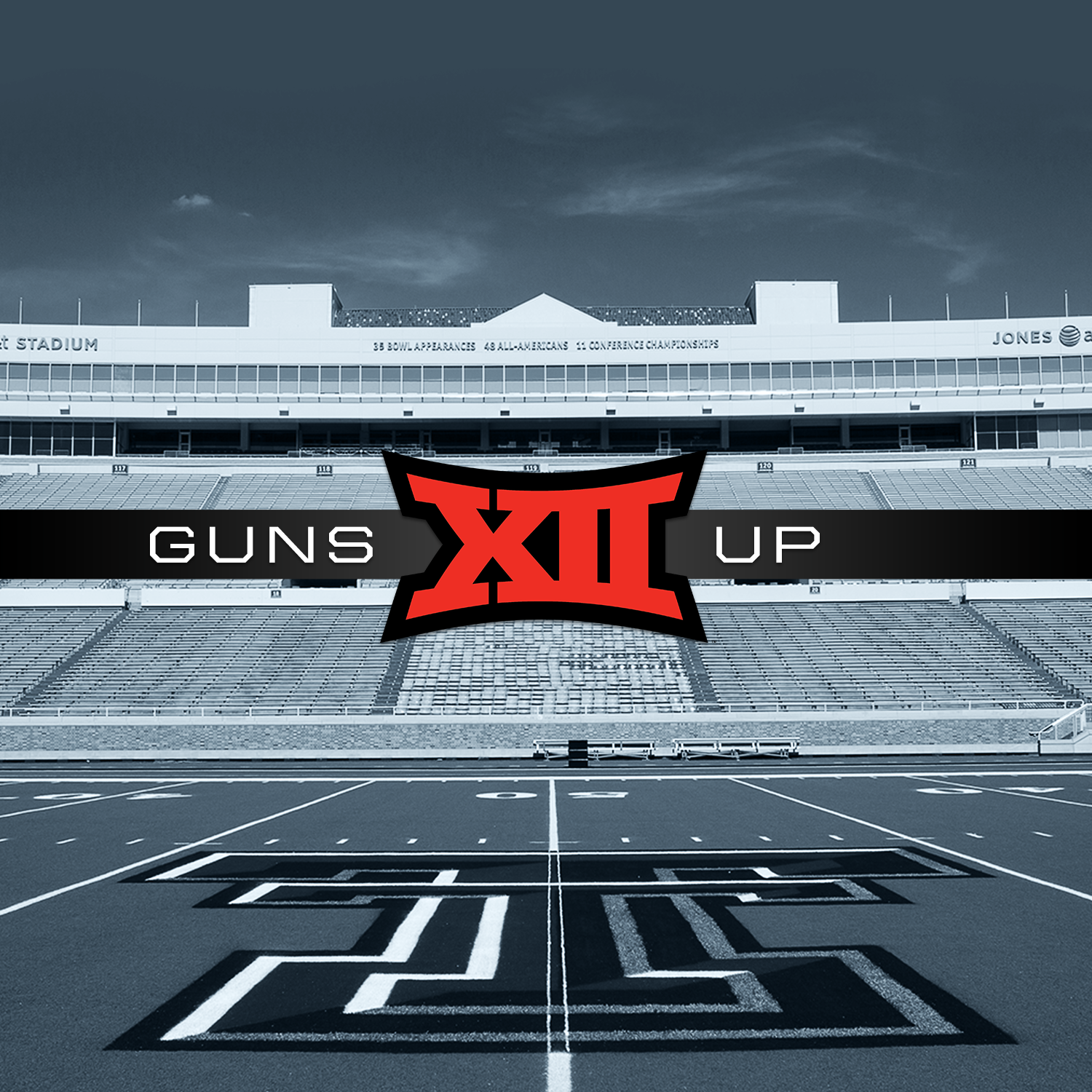Via the NCAA, the collegiate governing body has now come out in favor of student-athletes having the opportunity to benefit from their name, image, and likeness.
The Board of Governors’ action directs each of the NCAA’s three divisions to immediately consider updates to relevant bylaws and policies for the 21st century, said Michael V. Drake, chair of the board and president of The Ohio State University.
“We must embrace change to provide the best possible experience for college athletes,” Drake said. “Additional flexibility in this area can and must continue to support college sports as a part of higher education. This modernization for the future is a natural extension of the numerous steps NCAA members have taken in recent years to improve support for student-athletes, including full cost of attendance and guaranteed scholarships.”
Since the California legislation was passed, NCAA president Mark Emmert said that this would ruin the college model. The problem is that the NCAA implementing these rules will probably be a bit wonky at best.
Lubbock Avalanche-Journal’s Don Williams spoke with Texas Tech athletic director Kirby Hocutt is in favor of allowing student-athletes to be compensated for their name, image, and likeness:
“I do not believe we will go to the place where we are compensating student-athletes for their involvement into college athletics,” Hocutt said. “We’re not professional sports, and I don’t think we should get there.
“But I am a strong supporter that I believe student-athletes should have the same rights as every student on our campus. Right now, while a student-athlete can have their own business, they can’t use their name, image and likeness to promote that business, and I don’t necessarily think that’s right.”
Hocutt does bring up the idea that if student-athletes want to utilize the double-t, they would have to pay a licensing fee, but I’d imagine that if someone is wanting to utilize that, the advertiser will actually be the one that pays the fee. I’d also imagine that the compensation received for the name, image, and likeness will be taxed and could lead to some issues, but that seems pretty minor and if a university is going to sell a jersey with a player’s number and name on it, they should receive a cut of that. Or if they sign something for their autograph, they can choose to charge for it (it seems doubtful that most student-athletes will be able to charge for their autograph, but having that right seems appropriate).
I mentioned some time ago that the NCAA digging in their heels to stop this (which they may still try to state that the California legislation and legislation in other states) is unconstitutional, it would seem that these remarks by the NCAA indicates that they believe that student-athletes being compensated for their name, image, and likeness is a freight train they simply cannot stop.









